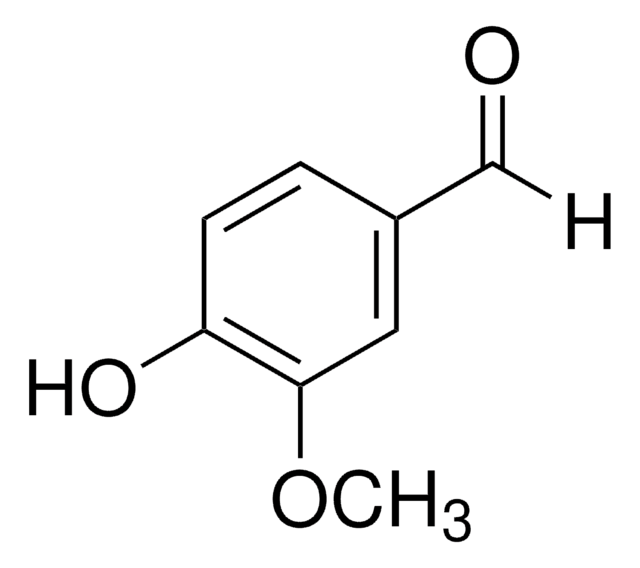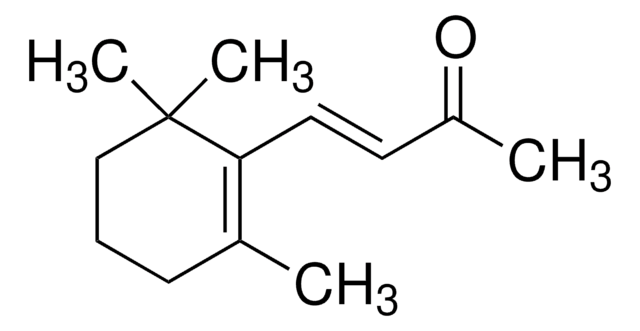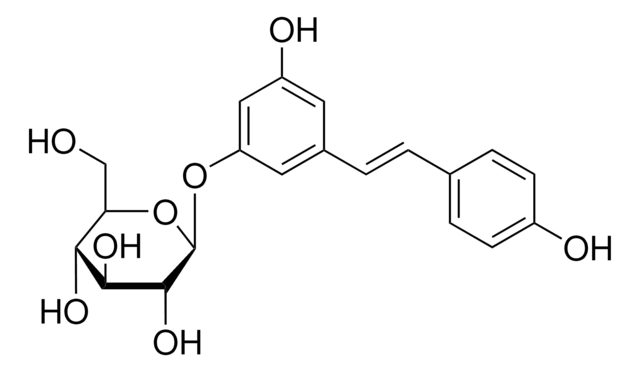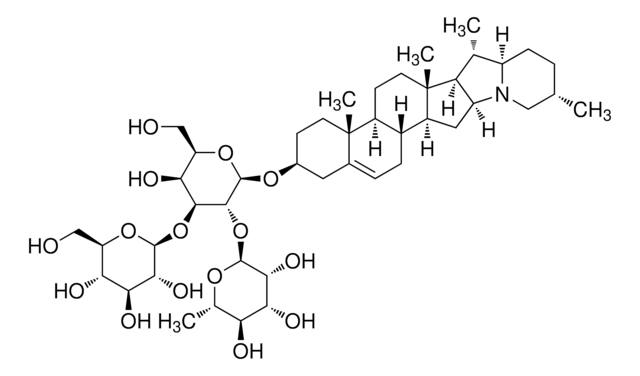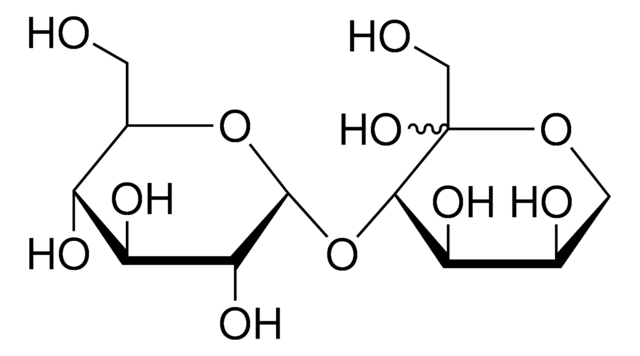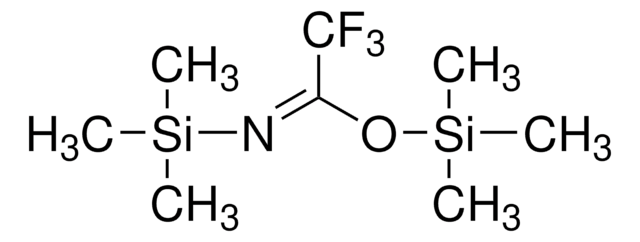80165
Phytane
analytical standard
Synonym(s):
2,6,10,14-Tetramethylhexadecane
About This Item
Recommended Products
grade
analytical standard
Quality Level
assay
≥95.0% (GC)
shelf life
limited shelf life, expiry date on the label
technique(s)
HPLC: suitable
gas chromatography (GC): suitable
bp
69-71 °C/0.001 mmHg (lit.)
density
0.791 g/mL at 20 °C (lit.)
application(s)
environmental
food and beverages
format
neat
SMILES string
CCC(C)CCCC(C)CCCC(C)CCCC(C)C
InChI
1S/C20H42/c1-7-18(4)12-9-14-20(6)16-10-15-19(5)13-8-11-17(2)3/h17-20H,7-16H2,1-6H3
InChI key
GGYKPYDKXLHNTI-UHFFFAOYSA-N
Application
Packaging
Storage Class
10 - Combustible liquids
wgk_germany
WGK 3
flash_point_f
Not applicable
flash_point_c
Not applicable
ppe
Eyeshields, Gloves
Choose from one of the most recent versions:
Certificates of Analysis (COA)
Sorry, we don't have COAs for this product available online at this time.
If you need assistance, please contact Customer Support.
Already Own This Product?
Find documentation for the products that you have recently purchased in the Document Library.
Our team of scientists has experience in all areas of research including Life Science, Material Science, Chemical Synthesis, Chromatography, Analytical and many others.
Contact Technical Service

